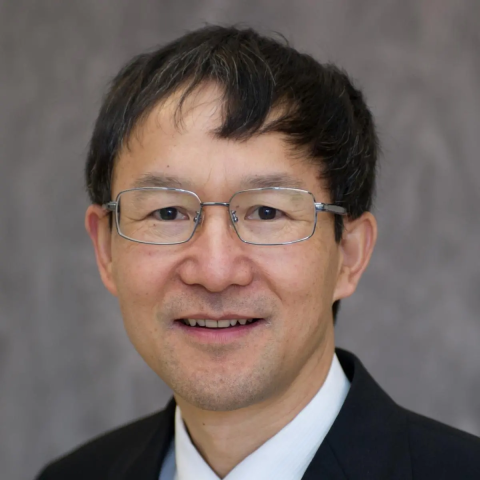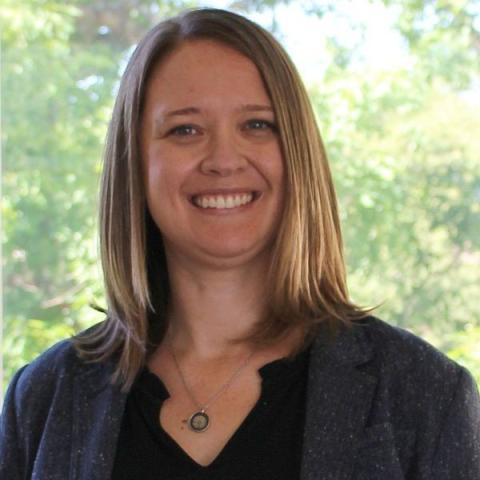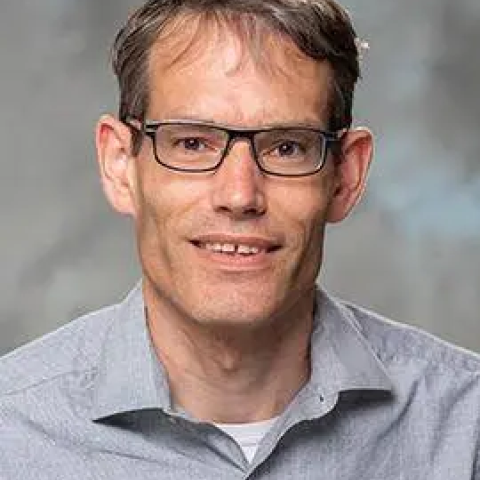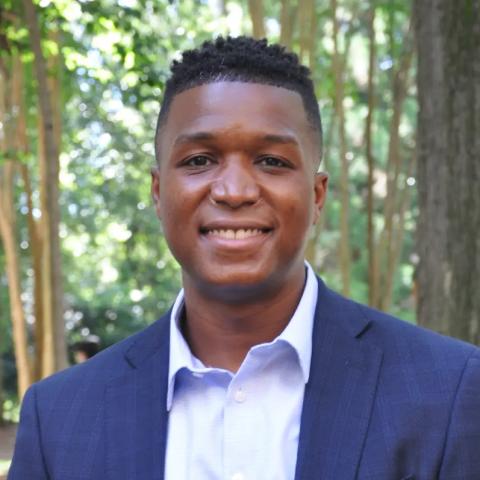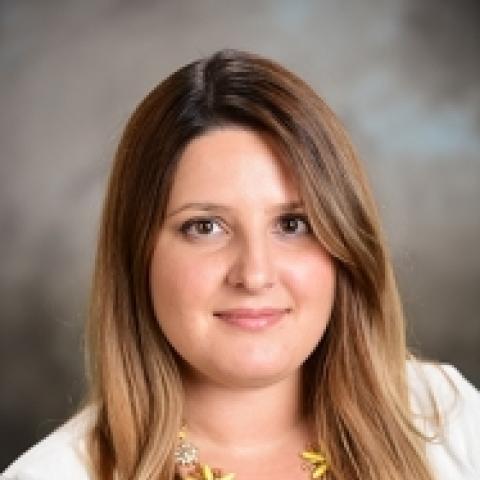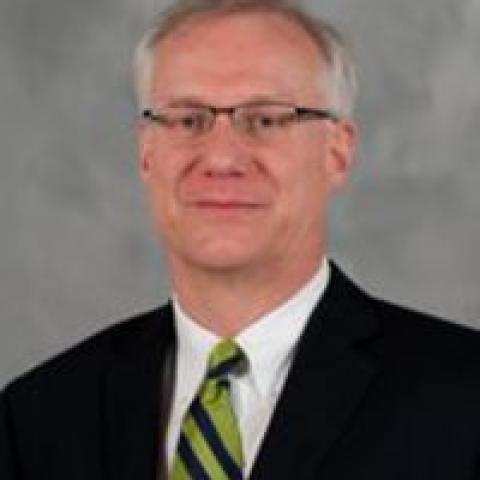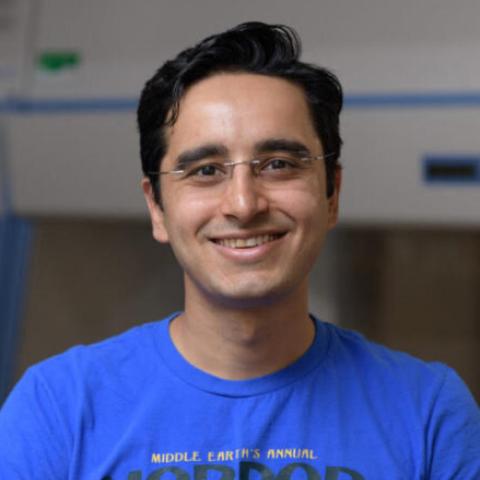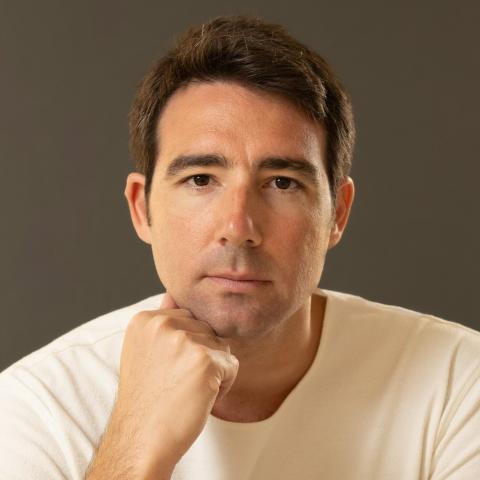Lily Cheung
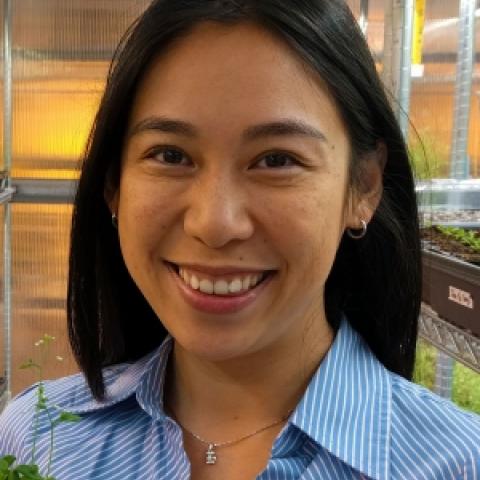
Lily Cheung got her research start as a sophomore at Rutgers University, where she graduated Summa Cum Laude with a B.S. in Chemical Engineering in 2008. She then earned her Ph.D. in Chemical Engineering from Princeton University in 2013. Under the supervision of Stanislav Shvartsman, she characterized gene regulatory networks controlling the development of the model organism Drosophila melanogaster, using a combination of molecular biology, genetics, and reaction-diffusion modeling.
During her postdoctoral training with Wolf Frommer at the Carnegie Institution for Science, she designed biomolecular sensors to quantify sugar transport in plants. Her current interests include the use of high-throughput quantitative techniques and mathematical modeling to advance our understanding of how metabolic and gene regulatory networks interact to control plant growth.
Lily is the recipient of a NSF NPGI Postdoctoral Fellowship in Biology, a NSF CAREER Award, and a Human Frontier Science Program Early Career Award.
